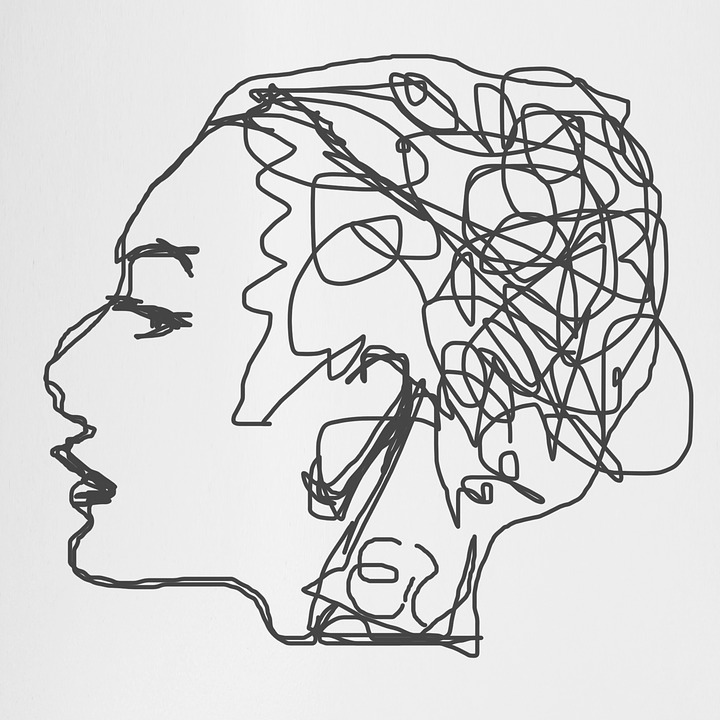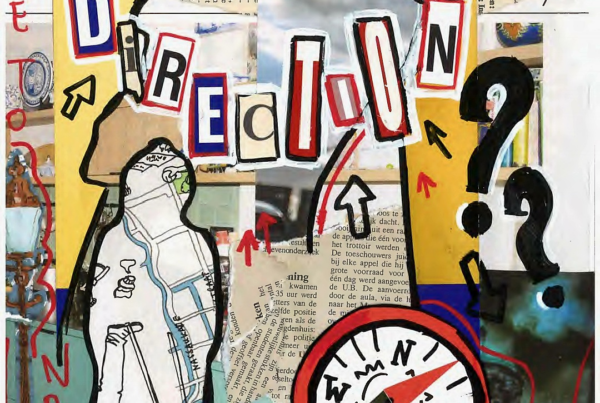

Allard Feddes

Annematt Collot D’Escury-Koenigs
Allard Fedde’s question is for Annematt Collot D’Escury-Koenigs (Developmental Psychology)
Dear Anne-Matt,
You are an expert on antisocial behaviour in youth. At the moment I write this, soccer club AJAX (and society) was shaken by extreme behaviours of “soccer fans”. Football hooliganism (defined by Dunning as “crowd and fan disorderliness and behavior that surrounds some football matches”, 2000, p. 142) is not something new. It seems to be a constellation of antisocial behaviour (including criminal offending). What do you think can help counter football hooliganism in youngsters?
Allard
Annematt Collot D’Escury-Koenigs’ (Developmental Psychology) answer
Dear Machteld,
Belonging is one of the core ingredients of survival. That is why we dope our newborns with oxytocin. From zero onwards children show behaviors to catch us in their social network. When you put a finger in its opened hand a little baby will fold its fingers around it and the adult is mesmerized by the cute little one showing its affection. Explaining this as a biological survival mechanism is not very romantic, but probably true. Later on, toddlers learn more sophisticated attachment behaviors. Some animals are ready to roll from birth onward. Human beings are dependent on their social environment (usually the parents) for a long time. It therefore makes evolutionary sense, that humans strive to build social relations and avoid rejection. By the way once parents are old it is the other way around, so belonging is and remains a survival key. During adolescence biology magics a new belonging trick. Our hormones start to produce oxytocin when we receive positive evaluations of our peers, and social bonding requires a new appraisal. Not only parents but also, and often even more so, peers are the critical elements of belonging. Again, evolutionary smart for the logical reason of progeneity. In the literature social belonging is defined as the feeling of being accepted, approved and connected to others (Deci & Ryan, 2000). The need for “social” bonding plays a major role in radicalization (Demant et al., 2009; Van der Valk et al., 2010). A group with a radical opinion can provide a sense of solidarity, a feeling of belonging (Fermin, 2009). Group membership and the social identity associated with it provide certainty about the self-concept, a clear sense of who you are (through) who you belong to, who you identify with (Van den Bos et al., 2009) and what values and standards you adhere to. The better you adhere to those standards, the more you belong. In fact, you start to feel ashamed if you do not behave according to the norms of the group you belong to. Feeling shame is generally considered unpleasurable. So if you “misbehave” according to the norms of your group, all you can do to make up for it is: either roll on your back, spread your arms wide open and say sorry, sorry, sorry, in which case you will be reaccepted. Or you give the person who caused you to damage the group norms – which now also are yours – a beat-up, which may even result in the much wanted peer appraisal. To beat up the opponent, if that opponent beats your club – the club you belong to – which is shameful to your club and thus to you, hence is no more than a logical, a duty based on social belonging.
Annematt
Annematt Collot D’Escury-Koenigs’ question is for Angelique Bakker-Pieper (Work and Organizational Psychology)
Dear Angelique,
How does teaching kids differ from teaching UvA students?
Annematt

Allard Fedde’s question is for Annematt Collot D’Escury-Koenigs (Developmental Psychology)
Dear Anne-Matt,
You are an expert on antisocial behaviour in youth. At the moment I write this, soccer club AJAX (and society) was shaken by extreme behaviours of “soccer fans”. Football hooliganism (defined by Dunning as “crowd and fan disorderliness and behavior that surrounds some football matches”, 2000, p. 142) is not something new. It seems to be a constellation of antisocial behaviour (including criminal offending). What do you think can help counter football hooliganism in youngsters?
Allard

Annematt Collot D’Escury-Koenigs’ (Developmental Psychology) answer
Dear Machteld,
Belonging is one of the core ingredients of survival. That is why we dope our newborns with oxytocin. From zero onwards children show behaviors to catch us in their social network. When you put a finger in its opened hand a little baby will fold its fingers around it and the adult is mesmerized by the cute little one showing its affection. Explaining this as a biological survival mechanism is not very romantic, but probably true. Later on, toddlers learn more sophisticated attachment behaviors. Some animals are ready to roll from birth onward. Human beings are dependent on their social environment (usually the parents) for a long time. It therefore makes evolutionary sense, that humans strive to build social relations and avoid rejection. By the way once parents are old it is the other way around, so belonging is and remains a survival key. During adolescence biology magics a new belonging trick. Our hormones start to produce oxytocin when we receive positive evaluations of our peers, and social bonding requires a new appraisal. Not only parents but also, and often even more so, peers are the critical elements of belonging. Again, evolutionary smart for the logical reason of progeneity. In the literature social belonging is defined as the feeling of being accepted, approved and connected to others (Deci & Ryan, 2000). The need for “social” bonding plays a major role in radicalization (Demant et al., 2009; Van der Valk et al., 2010). A group with a radical opinion can provide a sense of solidarity, a feeling of belonging (Fermin, 2009). Group membership and the social identity associated with it provide certainty about the self-concept, a clear sense of who you are (through) who you belong to, who you identify with (Van den Bos et al., 2009) and what values and standards you adhere to. The better you adhere to those standards, the more you belong. In fact, you start to feel ashamed if you do not behave according to the norms of the group you belong to. Feeling shame is generally considered unpleasurable. So if you “misbehave” according to the norms of your group, all you can do to make up for it is: either roll on your back, spread your arms wide open and say sorry, sorry, sorry, in which case you will be reaccepted. Or you give the person who caused you to damage the group norms – which now also are yours – a beat-up, which may even result in the much wanted peer appraisal. To beat up the opponent, if that opponent beats your club – the club you belong to – which is shameful to your club and thus to you, hence is no more than a logical, a duty based on social belonging.
Annematt
Annematt Collot D’Escury-Koenigs’ question is for Angelique Bakker-Pieper (Work and Organizational Psychology)
Dear Angelique,
How does teaching kids differ from teaching UvA students?
Annematt



